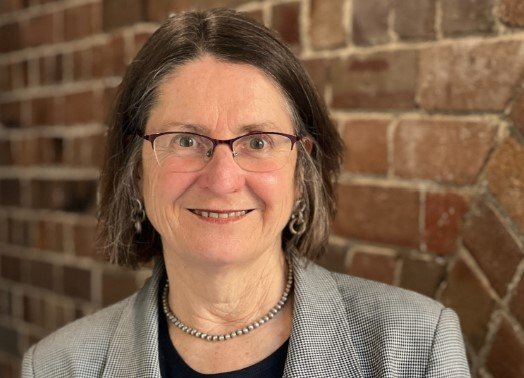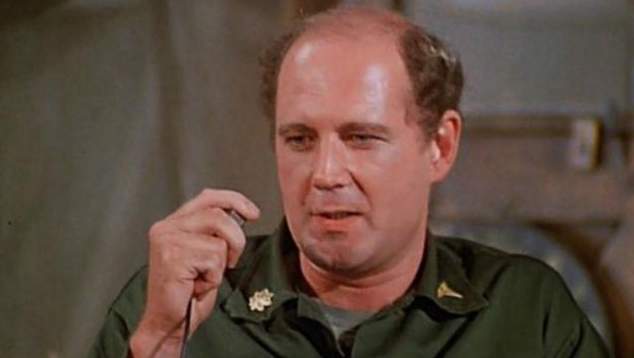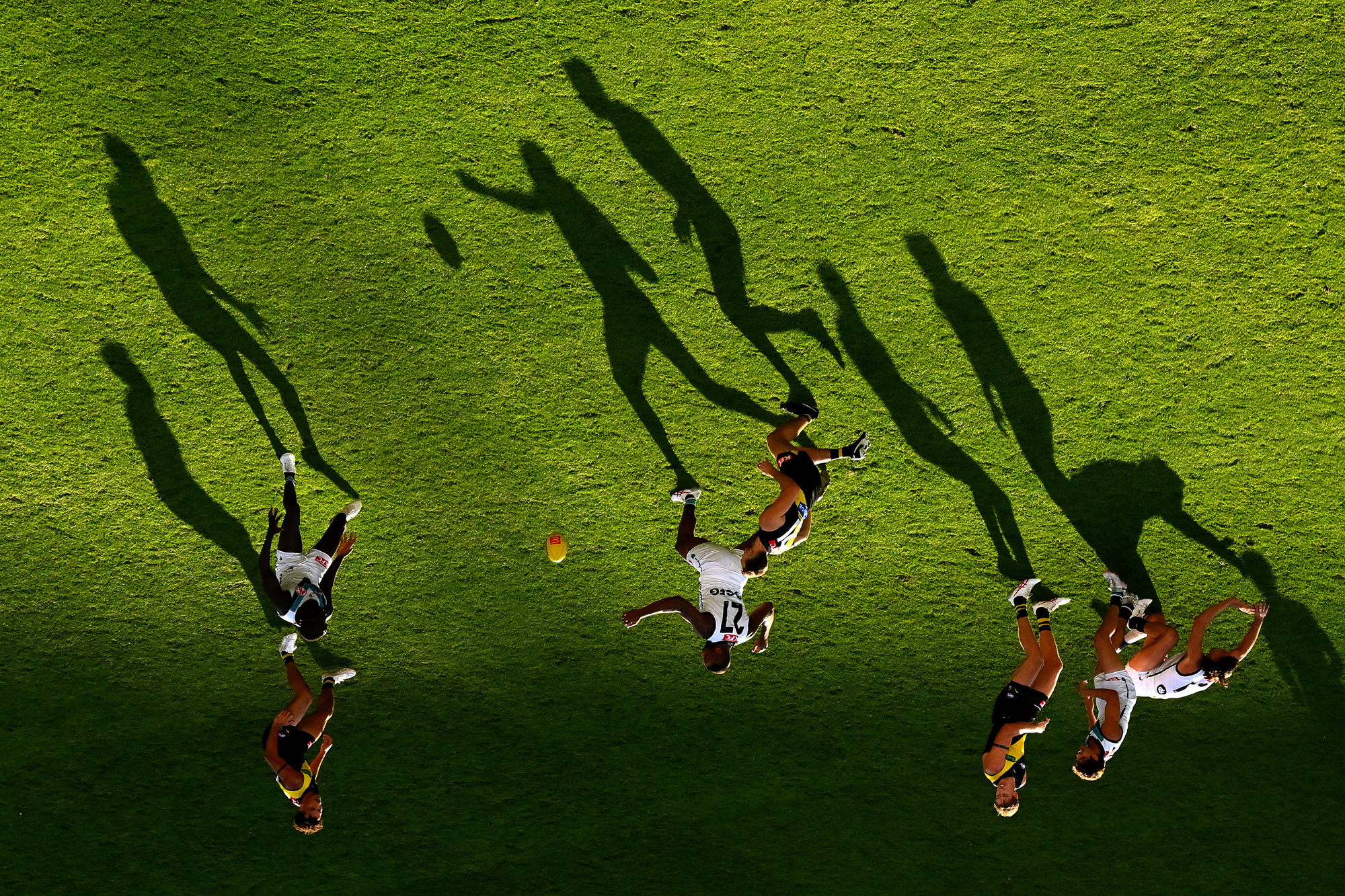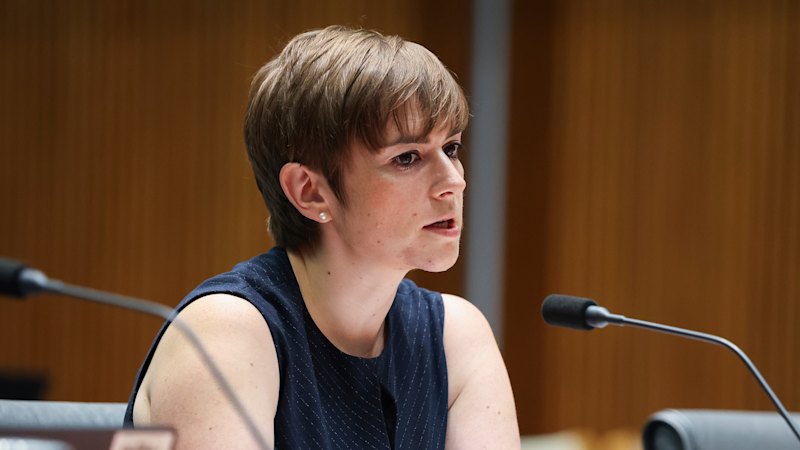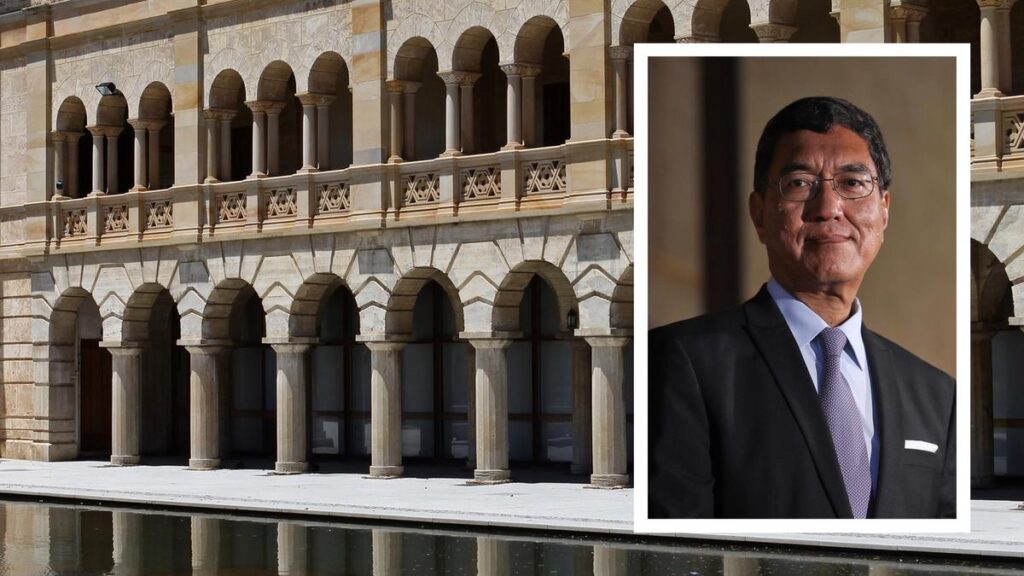
UWA Vice Chancellor Amit Chakma.
The University of Western Australia (UWA) is experiencing a decline in student enrollment, primarily due to perceptions that it is “elitist, aloof and standoffish.” This finding comes from brand research presented by the university’s chief marketing officer, Haylee Felton, during a recent forum for UWA graduates. As the State Government explores potential university mergers in Western Australia, the research highlights significant challenges UWA faces in attracting prospective students amid increased competition from institutions like Curtin University and Notre Dame University.
Despite a rise in school leavers in 2023, attributed to a demographic shift from a 2006 baby boom, UWA’s market share has declined. Felton noted that “unfortunately, all of that increase in market size went to Curtin and Notre Dame.” The university’s first preferences among potential students are also diminishing. She emphasized that the emotional and perceptual aspects of a university play a significant role in students’ decisions, stating that while UWA is respected for its academic reputation, its previous strengths like prestige are losing importance.
Research findings indicate that UWA is often perceived as “theoretical and research-intensive,” leading to concerns about its focus on job readiness. High entry requirements, while enhancing the university’s prestige, serve as a barrier to many prospective students. According to Felton, current perceptions portray UWA as elitist, which contrasts sharply with the “overwhelmingly positive” view of Curtin University.
At the forum, UWA Vice-Chancellor Amit Chakma acknowledged the systemic challenges facing the entire sector. He pointed out that UWA’s stability is crucial, especially as the institution plans to open two new campuses in India to bolster student recruitment. Chakma remarked, “We just don’t have enough students in WA to support five universities — no matter what the other universities say.”
On the topic of potential university mergers, Chakma indicated that UWA is open to discussions that serve the State’s interests. He mentioned ongoing evaluations of possible mergers with Murdoch University and Curtin University, noting that early findings suggest a UWA-Murdoch merger could yield long-term benefits. Conversely, a merger with Curtin might present fewer reputational risks due to both universities’ research-intensive nature.
Felton highlighted the competitive landscape for university recruitment in Western Australia, where UWA often struggles to match its competitors’ marketing budgets. She reported that UWA’s brand health metrics have been in decline since around 2017-18. The percentage of students in WA finishing school with an Australian Tertiary Admission Rank (ATAR) is about 28 percent, compared to as high as 55 percent in other regions, complicating UWA’s recruitment efforts.
The current economic climate, characterized by low unemployment and high living costs, has led many students to reconsider their educational paths. Some are opting for vocational education through TAFE or entering the workforce directly. Felton noted that perceptions surrounding UWA have shifted negatively, with some students indicating they find the campus beautiful yet intimidating. Comments such as “do those old buildings mean the curriculum is a bit out of date” reflect concerns about the institution’s modernity and relevance.
To address these challenges, Felton stated that UWA must leverage its strengths and reshape its narrative to better connect with the community. While maintaining its motto “Seek Wisdom,” the university aims to emphasize outcomes and societal impact. “We really need to break the idea that there is only one type of student for UWA,” she remarked, underscoring the importance of celebrating the university’s 100-plus years of success in serving WA.
The university has initiated a “brand goal” to rejuvenate its image, aspiring to shift perceptions from being a traditional, elitist institution to an adaptive and iconic brand contributing significantly to the community and beyond. In a statement, a UWA spokesperson affirmed the university’s commitment to its founding mission of advancing community prosperity: “We regularly review how we are perceived to ensure our education and research remain relevant to future students and WA’s evolving workforce.”
In July, The Sunday Times reported that the Cook Government formed a committee led by former Labor minister Alannah MacTiernan to conduct a cost-benefit analysis of potential university mergers, with a report expected by the end of the year. While both Curtin and Murdoch have expressed opposition to the idea of mergers, citing potential costs and disruptions, Edith Cowan University has similarly resisted involvement as it develops a new $853 million campus in the central business district.
Should a merger occur, it is likely that existing campuses would remain operational under a unified university senate. UWA currently holds the distinction of being Western Australia’s highest-ranked institution, sitting at 77th in the Quacquarelli Symonds world rankings.
UWA’s journey reflects broader challenges within the Australian higher education landscape, where institutions must adapt to changing student expectations and economic realities. With a renewed focus on community engagement and modernized perceptions, UWA aims to reclaim its position as a leading choice for students in Western Australia.
